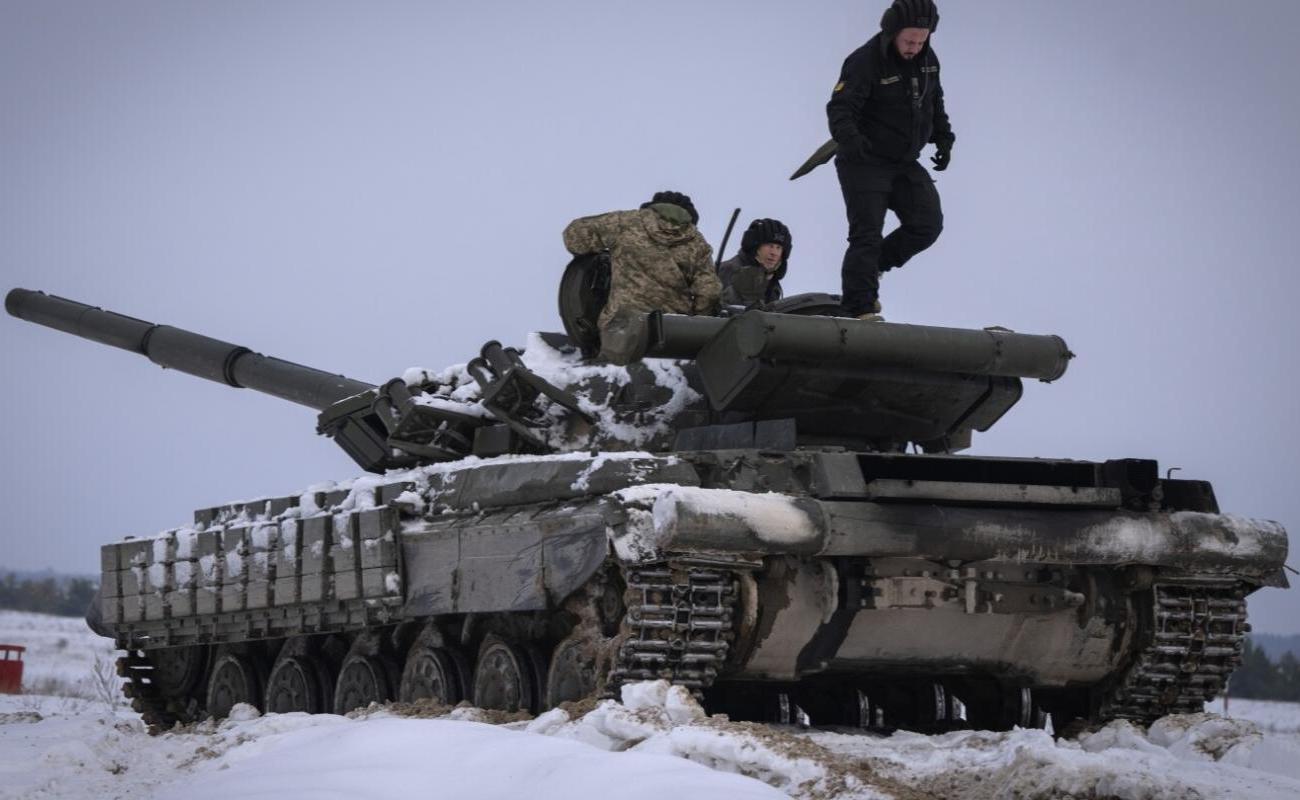A gloomy decade of war? What should Ukraine do?

Ukrainians will need an unconventional approach to have a chance to break the cycle of another dark year of war.
On the eve of the new year, 2023, many in Ukraine and the world might have thought this would be the last year of war. Even if all the territories occupied by Russia were not liberated, Russia would be ready to negotiate, if not a settlement, then at least a truce amid the expected Ukrainian offensive.
At the end of 2023, there are no longer any particular hopes that this is how the situation will unfold. Not so much from a military perspective as from a political one, the war seems almost hopeless. It is becoming apparent to many observers that not every war ends at the negotiating table, and some conflicts continue without a chance of resolution.
The point is not even that the majority of citizens in Ukraine remain convinced that negotiations to end the war should take place only after the restoration of the country's territorial integrity. The point is that the Russian president does not care about the opinion of Ukrainian society at all. He is not going to conduct any negotiations. He treats Ukraine as a rebellious imperial province whose will to resist must be broken by years of war of attrition. Therefore, there is no smell of negotiations, and the war itself has turned into brutal positional battles without critical progress by the parties to the conflict.
What are we waiting for? The exhaustion of the parties' resources?
What are we waiting for? The exhaustion of the parties' resources? If Ukraine runs out of resources, Russia will simply occupy it or force it to a humiliating surrender and turn it into a vassal state, following the Belarusian example. If Russia runs out of resources, it will put the war into a more frozen status to replenish itself but not leave Ukraine in peace. Ukraine is like a deer whose body has already been clawed by a restless, greedy predator. How to get out of this trap?
First of all, we need to learn to think outside the box. We continue to live by the norms of the recent past, talking about the need to return to international law, recognized borders, etc. However, we should acknowledge that all of this no longer exists. Russia has destroyed international law, proved that one country can appropriate the territory of another while maintaining diplomatic relations with the vast majority of countries (which respect international law), and even has a permanent seat on the UN Security Council. Therefore, politically, there is no chance to go back. From a military point of view, Ukraine has an opportunity to regain its territories, but what if it is not used properly?
Keys to European integration
A non-standard approach is the understanding that the new international law is yet to be built. Until everyone is interested in it, including Russia, any peace formulas, international forums, and joint declarations are a beautiful imitation of political work. Today, one can prove one's case only by force rather than by resolutions. This will be the case until some new conference on security and cooperation, similar to the 1975 meeting in Helsinki.
But strength is not necessarily war. No, it is also the readiness to localize the conflict. It is the continuation of Ukraine's Euro-Atlantic integration, the search for a security guarantee mechanism that would signal to Russia that the expansion of the war zone could be dangerous for the Kremlin. Which model of security guarantees to choose is a topic for discussion.
However, these should be genuine, not declarative, guarantees, such as Article 5 for the territories of Ukraine controlled by the legitimate government or security guarantees from the United States after Ukraine is invited to join NATO, as happened with Finland or Sweden. The question is not even how such a "hybrid option" for Euro-Atlantic integration would be received in Kyiv. The question is whether the West should turn on the red light for Moscow and give a clear signal that the adventure to eliminate the Ukrainian state has failed. That Ukraine will be part of the West, part of NATO, even if the issue of restoring its territorial integrity cannot be resolved quickly.
It is precisely this non-standard approach that should be considered when it comes to European integration. If we do not agree on such an approach now, we must recognize that the keys to the Euro-Atlantic integration of Ukraine and Georgia and the European integration of Ukraine, Georgia, and Moldova are still held in Moscow, not in Brussels. Putin will never let them out of his hands.
If we do not look for new approaches, we should tell ourselves that this is not only 2024 that will be another dark year of war for Ukrainians. The 20s of the twenty-first century will be a dark decade of war for Ukrainians. But this war, like a tumor, will poison the world and provoke new conflicts.
None of us is interested in this.
